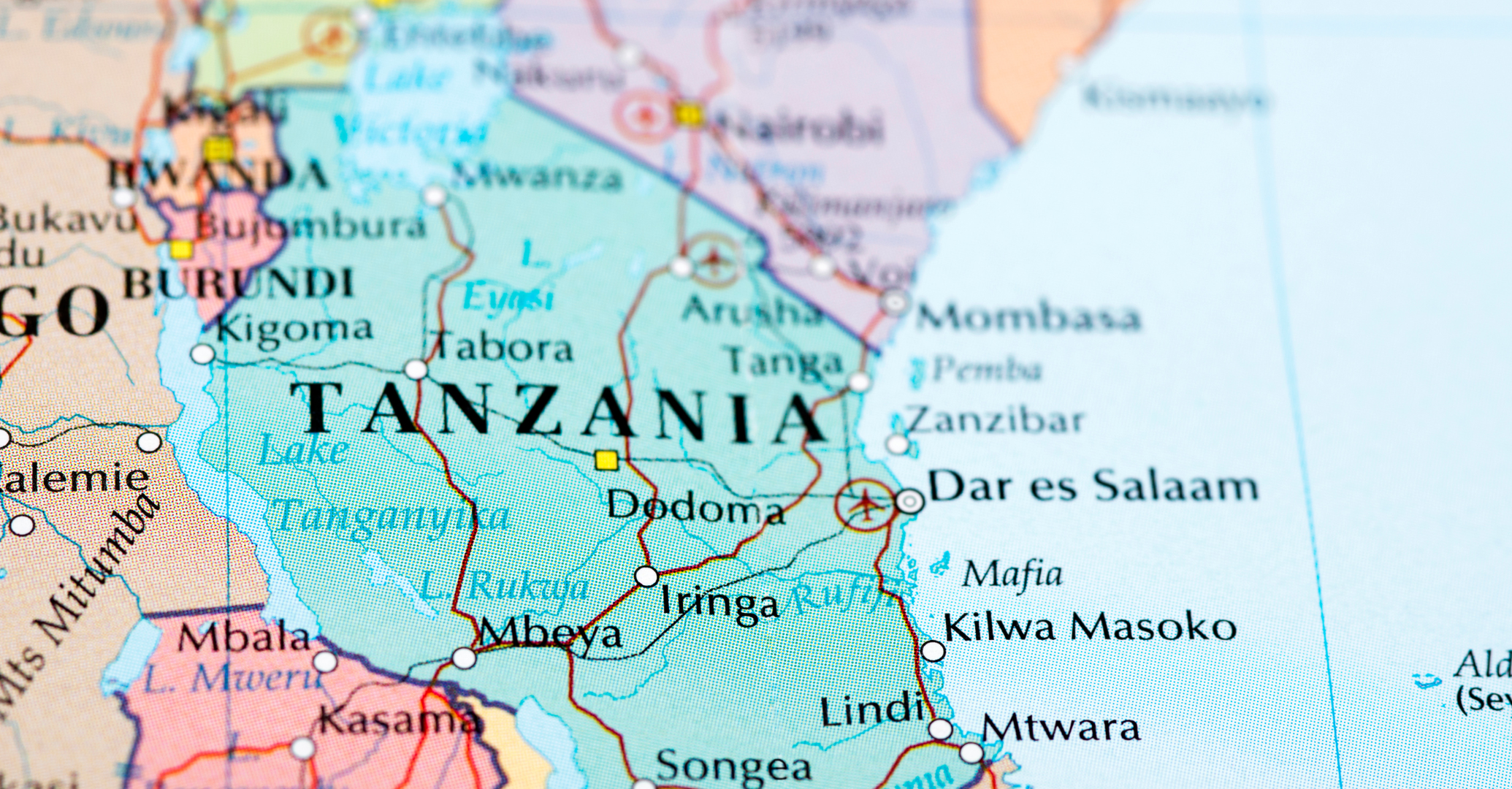Origins of the Swahili language: An overview

I love history, but I know not all history is exciting nor is it relevant. However, I thought I might do something different and mix two of my passions; Swahili and history. Have you ever wondered where the Swahili language you’ve come to appreciate came from?
Well, glad you asked…
The Swahili people and language have a rich history that spans centuries and encompasses various cultural, linguistic, and political influences. Here's a brief overview of the history of Swahili:
Origins: The Swahili language belongs to the Bantu family of languages, which originated in West central Africa. The Bantu people migrated eastward over many centuries, eventually settling along the eastern coast of Africa.
Arab Influences: Around the 8th century, Arab traders began establishing settlements along the East African coast, leading to increased contact and cultural exchange between the Arab and Bantu populations. This interaction resulted in the emergence of a new culture and language, known as Swahili.
Trading Centers: From the 9th century onward, Swahili city-states flourished along the coast of East Africa. These city-states, such as Kilwa, Mombasa, and Zanzibar, became important trading hubs, connecting the African interior with merchants from Arabia, Persia, India, and China.
Persian and Indian Influences: Alongside Arab influences, Persian and Indian traders also played a significant role in shaping Swahili culture and language. Persian and Indian settlers introduced new vocabulary, cultural practices, and architectural styles to the Swahili coast.
Great Zimbabwe: During the medieval period, the Swahili city-states had strong commercial and cultural ties with the Great Zimbabwe Empire, located in present-day Zimbabwe. These connections facilitated the exchange of goods, ideas, and technology between the two regions.
Portuguese Colonization: In the late 15th century, Portuguese explorers, led by Vasco da Gama, arrived in East Africa. The Portuguese established control over several Swahili city-states, disrupting the existing trade networks and imposing their dominance.
Omani Arab Rule: By the 18th century, the Portuguese influence waned, and the Omani Arabs, based in present-day Oman, gained control over the Swahili coast. The Omani Arab rulers formed the Sultanate of Zanzibar, which encompassed much of the coastal territories.
European Colonialism: In the late 19th century, European powers, particularly the British and Germans, established colonial control over East Africa, including the Swahili coast. The region was divided into various colonial territories, with the British controlling areas such as Kenya and Uganda.
Independence and Nation-States: In the mid-20th century, the countries in East Africa, including those with Swahili-speaking populations, gained independence from colonial rule. Tanzania, a country that encompasses both mainland Tanzania and the islands of Zanzibar, became a prominent Swahili-speaking nation.
Swahili as a Lingua Franca: Swahili evolved into a lingua franca, a common language used for communication among people with diverse linguistic backgrounds. It played a crucial role in uniting people from different ethnic groups within East Africa.
Today, Swahili is spoken by millions of people as a first or second language in countries like Tanzania, Kenya, Uganda, Rwanda, Burundi, and the Democratic Republic of the Congo. It is also recognized as one of the official languages of the African Union. Swahili continues to evolve and adapt to the changing socio-cultural landscape of East Africa. This fact is further proven by the fact that you are here learning Swahili for multiple reasons. Whatever your ‘big why’ is, you are part of a rich cultural heritage of the Bantu people of Africa.
Here at LSN, I strive to provide you with all the tools that you need to hit your goals. Whether it’s courses, accountability, community, all can be found in the LSN App. Therefore, if you are already a student, do not forget to access your resources. If you are not but are ready to try it out, use the discount code LSN30 for 30% off one year Gold Access.
Until next week,
I am rooting for you,
Mwalimu Karen